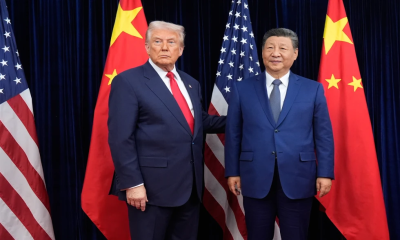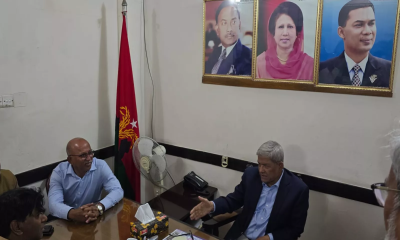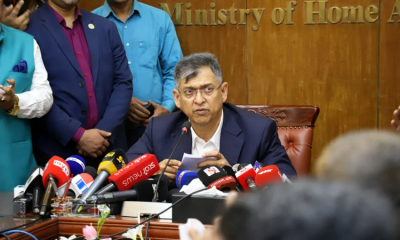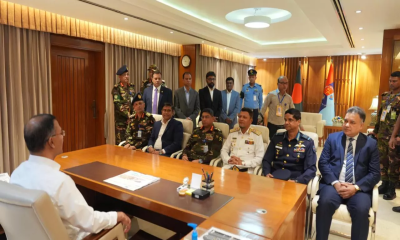Millions of Pakistanis began voting Thursday in an election marred by allegations of poll rigging, with the country`s most popular politician in jail and a military-favoured candidate tipped to win, reports AFP.
Authorities said they were suspending mobile telephone services across the country during voting "to maintain law and order" following a bloody election campaign -- including two blasts on Wednesday that killed 28 people.
Pollsters have predicted a low turnout from the country`s 128 million eligible voters following a lacklustre election campaign overshadowed by the jailing of former prime minister Imran Khan, and the hobbling of his Pakistan Tehreek-e-Insaf (PTI) party by the military-led establishment.
The Pakistan Muslim League-Nawaz (PML-N) is expected to win the most seats in Thursday`s vote, with analysts saying its 74-year-old founder Nawaz Sharif has won the blessing of the generals.
Polling stations opened at 8:00 am (0300 GMT) and were due to close at 6:00 pm.
"I prayed this morning, then I picked up my brother and we came to cast our vote," said Zaeem Khan, 40, outside a polling station at the Government College of Technology in Lahore.
Officials have deployed more than 650,000 army, paramilitary and police personnel to provide security for an election already marred by violence.
"It has been decided to temporarily suspend the mobile service across the country," a ministry spokesman said in a statement.
The spokesman said "precious lives have been lost" in recent militant attacks in Pakistan and "security measures are essential to maintain law and order situation and to deal with potential threats".
On Wednesday, at least 28 people were killed and more than 30 wounded by two bomb blasts outside the offices of candidates in southwestern Pakistan, in attacks claimed hours later by the Islamic State group.
The foreign ministry said the land borders with neighbours Iran and Afghanistan would be closed to all traffic Thursday as a security measure.
The election figures are staggering in the nuclear-armed nation of 240 million people -- the world`s fifth-most populous.
Nearly 18,000 candidates are standing for seats in the national and four provincial assemblies, with 266 seats directly contested in the former -- an additional 70 reserved for women and minorities -- and 749 places in the regional parliaments.
Tables turned
Thursday`s election has a similar air to the 2018 poll, but with the tables turned.
Then, it was Sharif who was disqualified from running because of a string of convictions for graft, while Khan swept to power with the backing of the military, as well as genuine support.
"The history of Pakistan elections is chequered with allegations of rigging but also favouritism for a political party -- 2018 saw very similar circumstances," said Bilal Gilani, executive director of polling group Gallup Pakistan.
"It`s a managed democracy that the military runs."
Unlike last poll, however, the opposition has had its election symbol banned -- removing PTI from the ballot box altogether and forcing PTI-selected candidates to run as independents.
Last week Khan, a former international cricketer who led Pakistan to victory in the World Cup in 1992, has been sentenced to lengthy jail terms for treason, graft, and an illegal marriage.
Analysts say the character assassination shows how worried the military is that PTI-selected candidates could still prove a decisive factor in Thursday`s vote.
If Sharif does not win a ruling majority, he will most likely still take power via a coalition with one or more junior partners -- including the Pakistan Peoples Party (PPP), another family-run dynasty now led by Bilawal Bhutto-Zardari.
Pollsters have said the election has left the population at its most "discouraged" in years.
Whoever wins takes over a deeply divided country, observers say, with the economy in tatters.
Inflation is galloping at nearly 30 percent, the rupee has been in free fall for three years and a balance of payments deficit has frozen imports, severely hampering industrial growth.





-20260223082704.webp)



-20260220065859.jpeg)



-20260224075258.webp)


-20260224065127.webp)


-20260223074941.jpeg)
-20260223062301.jpg)
















